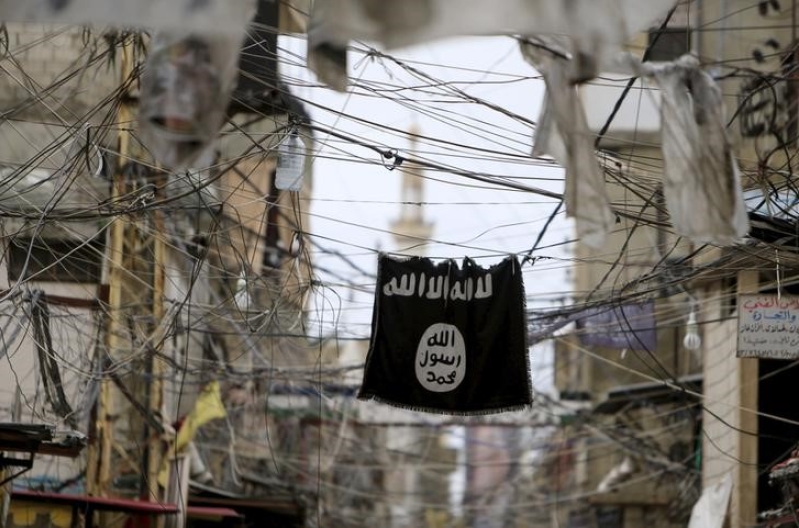
The Islamic State terrorist group has cut the salaries of its fighters and civil servants in half and is now releasing detainees for a price of $500 a person after US-led coalition airstrikes targeted the group's primary source of income: oil fields.
"Because of the exceptional circumstances that the Islamic State is passing through, a decision was taken to cut the salaries of the mujahedeen in half," ISIS leaders said in an internal memo obtained by the Syrian Observatory for Human Rights last month.
"No one will be exempt from this decision, no matter his position, but the distribution of food assistance will continue twice a month as usual," the memo read.
SOHR head Rami Abdel Rahman told the New York Post that the cuts bring the basic pay for a Syrian ISIS fighter down to about $200 a month, while foreign fighters will receive $400 a month.
He added that the cuts are due in part to the U.S.-led coalition airstrikes targeting oil infrastructure in the Middle East, as ISIS sells oil to fuel-starved Syria. The Independent notes that the coalition has been bombing the terrorist group's oil fields, supply lines and cash stores since October as part of Operation Tidal Wave II.
"This is more from the airstrikes, from the United States, Russia, France," Abdel Rahman said. "A majority of the airstrikes are at oil fields and oil tankers."
In Raqqa, the group's stronghold in Syria, electricity is rationed, and prices for basics are sky-high, an activist now living in the Turkish city of Gaziantep told the Associated Press.
"Not just the militants. Any civil servant, from the courts to the schools, they cut their salary by 50 per cent," the activist revealed.
The AP reports that the terrorist group is now seeking to generate funds by offering to release prisoners for a price of $500 per head, as well as demanding that civilians living under its control in Raqqa pay their utility bills in black market American dollars.
In addition, residents of Mosul -- which fell to ISIS in June of 2014 -- revealed that ISIS is now fining citizens who do not adhere to its strict dress code, rather than flogging them as before.
The residents told the AP that the move is due to financial problems, as the group has already confiscated anything valuable, including cars and other items that are later resold in Syria.
Oussama, an exile from al-Bab, another ISIS stronghold in Aleppo province, told the AP that ISIS officials had been heard by townspeople discussing air strikes on oil infrastructure, the cut-off of supply lines and revenue sources, amid "grumbling" from low-level fighters.
"You can sense the frustration, their morale is down," Oussama said of the militants.
In January, a "cash distribution center" reportedly used to pay fighters was hit by US planes near Mosul, depriving the group of "millions of dollars," General Lloyd Austin, head of the US Central Command, told CNN,
"We are seeing our efforts having some effect on their financial flows." Lisa Monaco, President Barack Obama's counterterrorism adviser, told the AP.
"It's difficult to get a handle on just how much because of the different illicit ways in which they are handling their finances but you've seen the efforts that our military has taken to take out cash storage sites, and I think it is our hope and expectation that that will have demonstrable effects."






